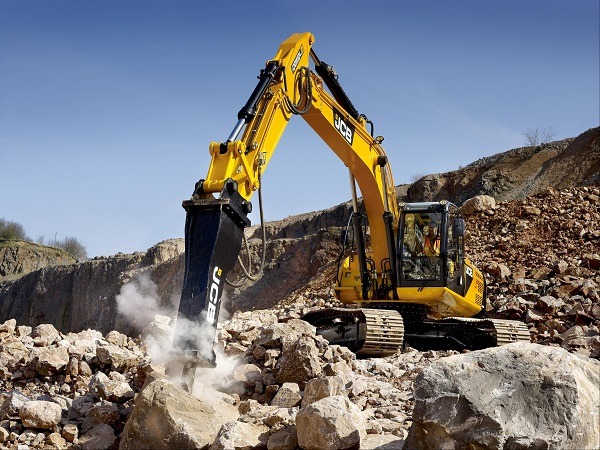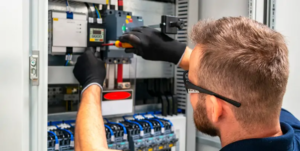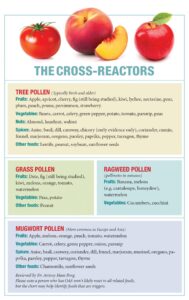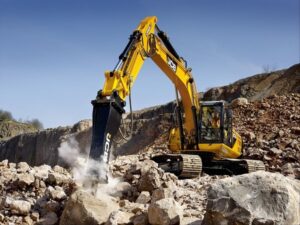How To Make Hydraulic Equipment Last Longer

If you’re looking for ways to keep your hydraulic equipment working at top efficiency, you’ve come to the right place. This article covers four important topics: Inspection, Temperature, Filtration, and Maintenance. You should also follow the instructions of hydraulic equipment suppliers in UAE to maintain the quality of this equipment. Follow these tips to get the most out of your equipment. Read on for more information. This will keep your equipment running at peak efficiency for years to come.
Maintenance:
Preventative maintenance and corrective measures are crucial for extending the service life of your hydraulic equipment. You’ll avoid costly breakdowns and maximize your investment by taking preventative measures. Preventive maintenance and repair will pay off in the long run. In addition to keeping your equipment in good working condition, proactive maintenance and repair can save you money.
Inspection:
Performing periodic inspections of hydraulic equipment is essential to ensure it remains at peak efficiency. Many industrial hydraulic systems are prone to excessive hydraulic fluid leakage. Excessive leakage increases waste streams and reduces the system’s capacity. In addition, it can cause the equipment to operate slowly and overheat. If you suspect your equipment is experiencing these problems, you should schedule an inspection immediately.
Filtration:
There are a variety of benefits of filtration in hydraulic equipment. For one, filtration is preventative. By preventing the build-up of particles, it keeps systems running efficiently. In contrast, reactive maintenance requires costly downtime and wasted assets. Besides, filtration improves productivity and overall equipment performance.
Temperature:
There are several important factors to consider when choosing a lubricant for your hydraulic equipment. Low temperatures affect the viscosity of hydraulic fluids, causing them to become less fluid-efficient. When the temperature is too cold, it can even make the fluids thicker, which will cause problems on startup. The lack of lubrication can also damage rubber components. Extreme cold temperatures can also damage hydraulic seals and mounts.
Water contamination:
In addition to corrosion, water in hydraulic oil can also damage components. Several types of contamination can cause various problems, from jamming to accelerating metal surface wear. This article will discuss keeping water out of hydraulic oil and controlling its level. Ideally, it would help if you kept it below the oil saturation point. You should check the condition of your hydraulic fluid regularly to ensure its maximum life span.





